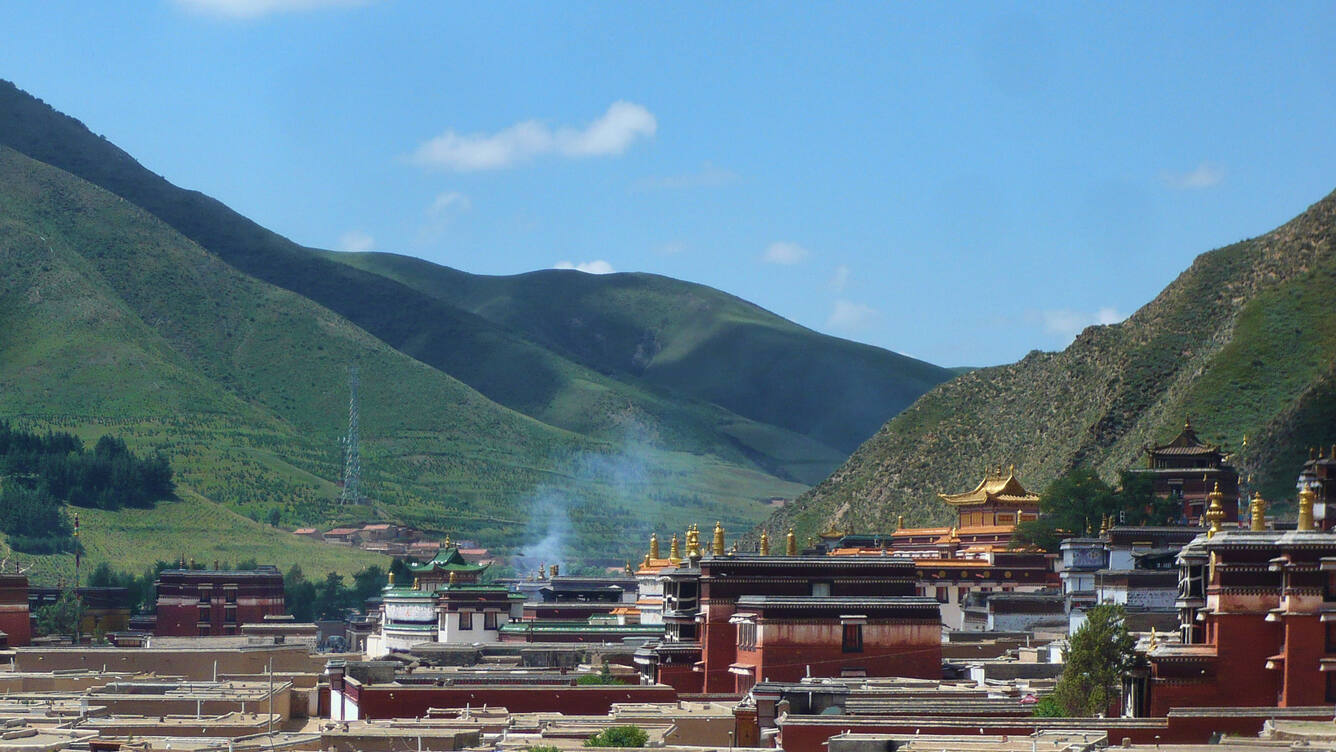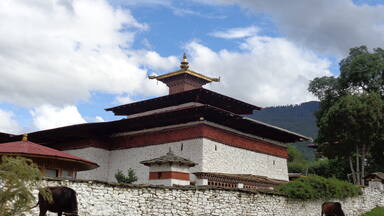South Asia World Heritage Serial Nomination for the Silk Roads Project Launched with the Support of the UNESCO/Korea Funds-in-Trust
The UNESCO/Korea Funds-in-Trust project, “Support for the Preparation of the World Heritage Serial Nomination for the Silk Roads in South Asia,” was officially approved last July 2013 and has now launched operational activities, in the form of consultation and training meetings, both in Nepal and Bhutan in October and November 2013, respectively.
This undertaking will highlight a significant portion of the Silk Roads-largest cultural routes network in the history of mankind and may potentially result in its inscription on the World Heritage List. Based on an exhaustive ICOMOS Silk Roads thematic study that recommends the subdivision of the entire Silk Roads network into specific heritage corridors, the Silk Roads in South Asia serial and transnational World Heritage nomination will focus on corridors that pass through the countries of Bhutan, China, India, Nepal and possibly Pakistan.
The main activities of this recently approved Korea FIT project, which would be focusing on the South Asian countries of Bhutan, India, Nepal, Pakistan in close cooperation with China, include national consultation meetings (in Bhutan and in Nepal), a sub-regional workshop (foreseen in Nepal early April 2014), assisting in the drafting of a Nomination Strategy and Guidance for South Asia Silk Roads, as well as a fourth meeting of the Coordinating Committee of the Serial World Heritage Nomination of the Silk Roads established in May 2009. Preparations for this nomination will take place from October 2013 to February 2016. A well-coordinated joint effort can not only result in a successful inscription on the World Heritage List but also foster the capacity-building of expertise, enhance cultural and economic ties, and strengthen the role international mechanisms of the World Heritage Convention and its role as platform for international cooperation– an outcome that reflects the very reason for the Silk Roads Cultural Routes’ inception all those centuries ago.
Within the framework of the Global Strategy for a Representative and Balanced World Heritage List adopted by the World Heritage Committee, Asian States Parties such as China and the Central Asian countries of Kazakhstan, Kyrgyzstan, Tajikistan, Turkmenistan and Uzbekistan have been working with the UNESCO World Heritage Centre on potential serial and transnational World Heritage nominations of cultural heritage sites along the Silk Roads.

